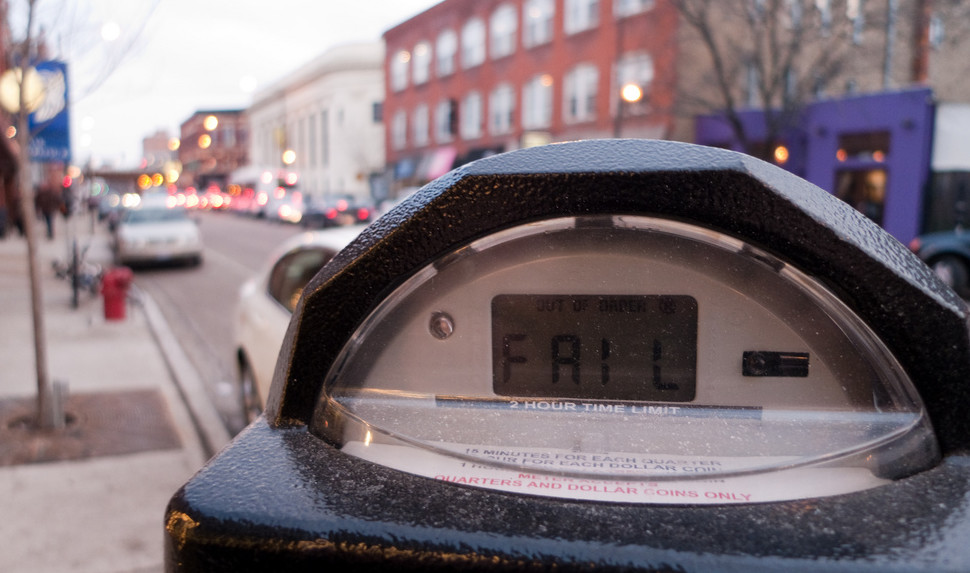As noted by tenacious Rolling Stone reporter Matt Taibbi in his 2010 book Griftopia (and reported here in the Atlantic), in 2008 the city of Chicago leased the entirety of their parking meters to a consortium of buyers led by Morgan Stanley. The price tag was a cool $1,156,600,000. From the outset of the deal, the details were hazy. As Rick Perlstein at the Nation wrote earlier this year, “The terms were negotiated in secret. City Council members got two days to study the billion-dollar, seventy-five-year contract before signing off on it. An early estimate from the Chicago inspector general was that the city had sold off its property for about half of what it was worth. Then an alderman said it was worth about four times what the city had been paid. Finally, in 2010, Forbes reported that in fact the city had been underpaid by a factor of ten.”
The muck and mire that accompanied the sale becomes all the more interesting considering that an Emirati sovereign wealth fund, the Abu Dhabi Investment Authority, owns a 25% share of Chicago Parking Meters LLC ( the corporation through which Goldman Sachs, the Emirati fund, and other partners like Allianz privatized the city’s meters). The contract is largely immutable, no matter what Rahm Emanuel might be saying. For the next 75 years, Chicago residents using the city’s now-private parking system will pay, at least partially, to the Emirati government greatly increased parking rates.
If there’s a better example of financial globalization, and the perils of such globalization in this new decade, I don’t know what it is. The case of Chicago’s parking meters is fraught with hints, allegations, and things left unsaid. I noted last week that to shy away from sovereign wealth funds because of issues of national security is largely foolish, or protectionist. But protectionism isn’t always a bad thing, not when the local taxpayer is so greatly harmed at the expense of foreign nations, let alone foreign firms.
